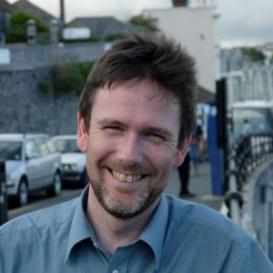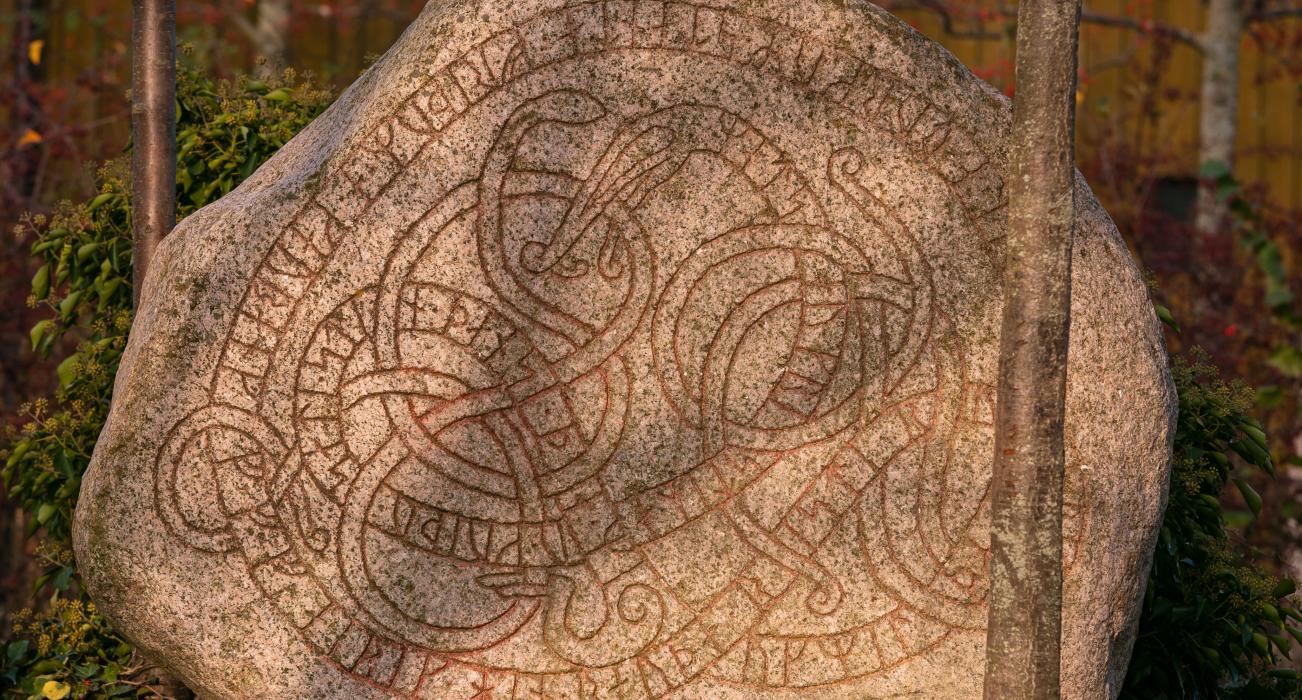Anglo-Saxon, Norse & Celtic
ASNC Fact File
The Anglo-Saxon, Norse and Celtic Tripos is concerned with the languages, history and literature of Britain, Ireland and Scandinavia during the early medieval period.
The course contains a wide range of options covering literary, linguistic, and historical study of these medieval cultures roughly from the fifth century to the twelfth.
During the first two years students reading Anglo-Saxon, Norse and Celtic select six papers which make up Part I of the Tripos, and for which examinations are held at the end of the second year (or sixth term).
During the third year a more focussed set of options are available, where students study four subjects in greater detail for Part II, and produce a dissertation.
Aside from the dissertation, optional in Part I but compulsory in Part II, coursework does not play a role in examinations. It is possible to specialise to some extent, and so to select either historical or literary options, or to concentrate on either the Celtic or Germanic areas of the course; but most students find a combination of these elements most satisfying, and this is part of the ideology of the Tripos.
Anglo-Saxon, Norse and Celtic is a small subject at Cambridge and most colleges have only a small number of students studying the tripos at a time, Magdalene being no exception. The College does, however, have very strong traditions in both medieval history and the study of literature, and undergraduates studying ASNC find themselves very much at home here. We aim to make at least one offer in the subject each year.
Whilst there is no resident Fellow in ASNC at Magdalene, we do have a number of Fellows with closely related interests. These include Prof Carl Watkins and Dr John Munns (British medieval history), Dr John Patterson (ancient history), Prof Simon Stoddart (archaeology), and Dr Jane Hughes (medieval literature). A number of Magdalene's Parnell Fellows have been world-renowned experts on medieval Irish history or literature. Our Director of Studies in ASNC is Prof Richard Dance, Professor of Early English, who is a College Lecturer at Magdalene and a Fellow of St Catharine's College.
As the Tripos covers subjects not normally taught in schools, all undergraduates start largely from scratch. Most A-level students who apply to read Anglo-Saxon, Norse, and Celtic will have studied at least two of English, History, Classics, or a modern language. Although these are not rigid requirements, since other subjects are also represented.
We do look in particular for evidence of an ability with languages, and most successful candidates who are not studying a foreign language at A-level or equivalent will be able to point to other evidence of their aptitude for languages (high grades at GCSE, for example).
There are no set subject requirements for studying Anglo-Saxon, Norse and Celtic, but most successful applicants will have studied at least two essay-based humanities subjects, such as English, History, Classics, or a modern language. Evidence of ability in languages is especially helpful, although it is not essential to have studied a language to A-level.
Minimum offer level grades in the IB are 41-42 points overall, with 7,7,6 at Higher Level.
Interviews, Written Work and Assessment
Applicants will normally have two interviews. Each interview will normally last for approximately 20-25 minutes.
The main purpose of the interview is to ascertain your aptitude for the subjects covered in the Tripos, and the strength of your interests in them; you may, for example, be asked to look at some specimen passages or other forms of historical material and to comment on them. We naturally look for intellectual ability and flexibility, but given the nature of the course a particularly important factor is evidence of enthusiasm and commitment.
We also usually ask for two samples of written work (such as school essays) to be submitted with the application.
There is no admissions assessment for Anglo-Saxon, Norse and Celtic at Magdalene.

